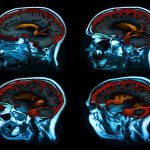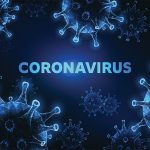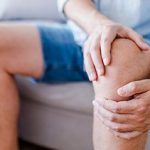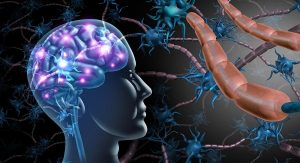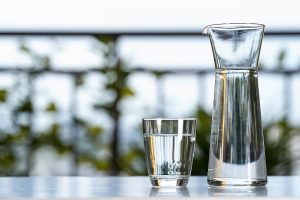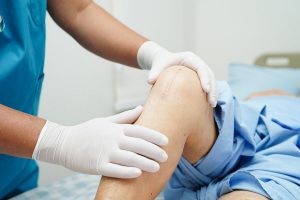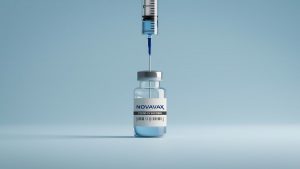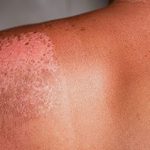
WEDNESDAY, Feb.3, 2021A majority of dermatology patients are happy with telehealth appointments in place of in-person office visits, a new study finds. The COVID-19 pandemic has forced many medical specialties to move from in-person to online appointments, but dermatology had already seen increased use of telehealth visits over the last decade, according to the George Washington (GW) University researchers. “Teledermatology boasts a number of benefits, including increased access to care, cost savings for patients, convenience, and, with the current pandemic, avoids physical contact,” study co-author Samuel Yeroushalmi said in a university news release. He’s a third-year medical student at the GW School of Medicine and Health Sciences in Washington, D.C. However, virtual appointments do have potential issues, including privacy concerns, appropriate image acquisition and adequate health care provider training, the study authors noted. To assess patient satisfaction with teledermatology appointments, the researchers distributed an online survey to dermatology patients at the GW Medical Faculty Associates. Nearly half (47%) of the respondents said they’d had a previous appointment canceled due to the COVID-19 pandemic, and almost 18% were new patients with no previous in-office appointment. Patients said they liked that telehealth visits were time-efficient, didn’t require transportation and maintained social distancing. Reasons they didn’t like virtual appointments included lack of physical touch and feeling they received an inadequate assessment. When asked if they would recommend telehealth… read on > read on >










